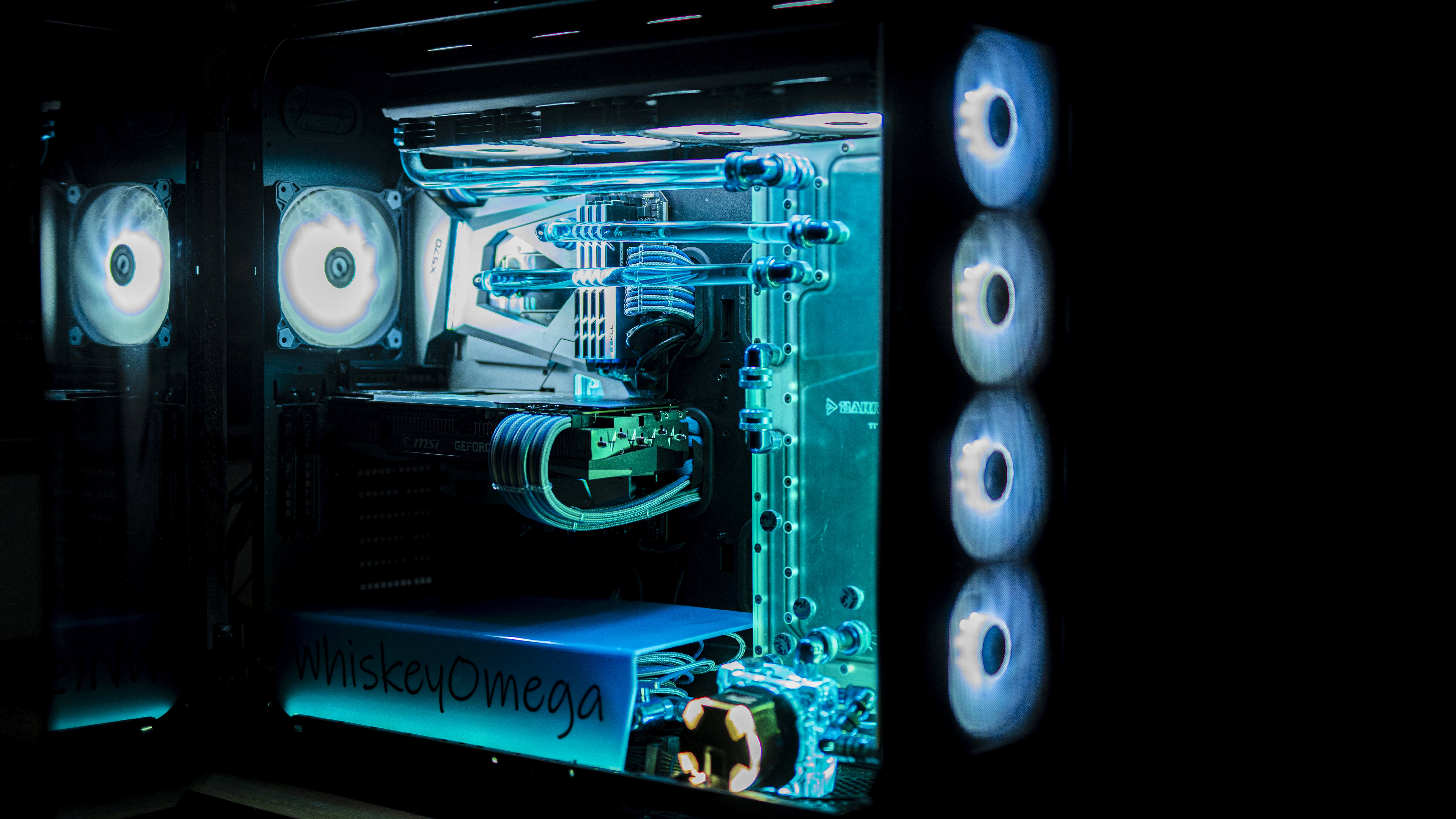Starfield is here, and after dozens of hours floating in space our reviewer Chris Livingston liked it—but didn’t love it. “Starfield is Bethesda’s biggest RPG ever, and it shares even more DNA with Skyrim and Fallout 4 than I expected—but it ultimately falls far short of the greatness of both of those games,” he wrote in his 75% Starfield review.
As one of the most anticipated games of the year, there are unsurprisingly already tons of Starfield reviews online from other publications that have been playing the game for the last week. Although there are some notable exceptions: Bethesda didn’t provide early review code to UK-based publications Eurogamer, The Guardian, and our sister magazine Edge until shortly before or just after today’s embargo. That means there are still more reviews to come—but with 97 reviews already collected on OpenCritic, there’s already a wide spread of reactions, from “this could be one of the most ambitious games ever made” to “a mile wide, but an inch deep.”
Here’s what the critics are saying.


It’s a tough balance to strike, because while people who are just trying to live their lives are vastly more believable, they don’t really make for as interesting a story or character arc. A high concentration of weirdos might break your immersion, but many players will find the weirdos more memorable and be more invested. I remember Nick, Danse, Cait, etc a lot better than I remember… uh… Aela? Lydia? idk man.
By contrast, I’m loving BG3 because of the big plots driving each of the origin characters. Is it normal for such a high concentration of unique situations to be gathered by fate and happenstance? Absolutely not. But I enjoyed it a lot more than a party full of people who are just trying to get home to nice, peaceful lives and families and forget all this adventure nonsense as soon as the big bad is resolved.
That said, I haven’t bitten into Starfield yet, so I can’t comment on the balance they strike; I’m only commenting on your own impressions vs storytelling experience. If I’ve gotten something here wrong, please keep that in mind :)
I mean, Danse may be weird, but he’s not insane. I’m talking about characters who have a completely bizarre view of the world.
I’m talking about stuff like Codsworth retreating into his inner world at the start of the game, Pickman the serial killer and blood artist, Lorenzo Cabot being driven insane by the mysterious serum, Tinker Tom being a paranoid conspiracy theorist, Captain Ironsides trying to fight China with the USS Constitution, Kyle shooting his brother, the Mechanist, or Kent Connolly with the Silver Shroud obsession. The characters in Dunwich Borers. Hugo. Kasumi Nanako thinking that she’s a synth. Malcom the cannibal. Theodore Croup.
Fallout 1, say, had some pretty unusual characters, but it didn’t use insanity to the extent that Fallout 4 did.
I would argue Danse was pretty rabid about his purpose, which made the unraveling of his personal issue that much more delightful. Maybe not an unusual personality in the Brotherhood, but removed from that context, I thought he was one of the more fanatical characters we had.
And I get your meaning here, but I still contend I remember and can chat about all those folks you mentioned a lot better than the side cast of most games. Most characters are so normal I can’t even remember them to give you examples, and even if I could, they’d all be about the same kind of people anyway.
So I think it’s just a matter of different goals that appeal to different people. If the world is grand and immersive, you can get away with more normies. If the world is pretty standard, you need the characters to provide more excitement. I’m guessing Starfield has the benefit of a new setting, like early fallouts did, and doesn’t have to lean as hard on having an interesting population - but that’s bound to be a negative in some people’s books.